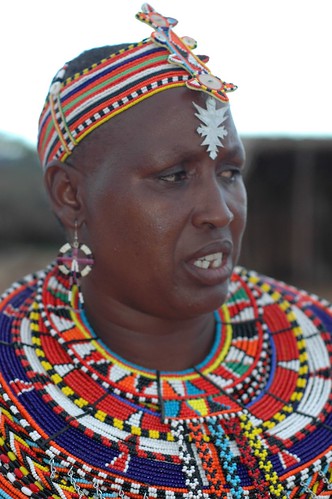
Today I'd like to write about a working class girl from Edinburgh (born Muriel Sarah Camberg in 1918) who became a best selling author (The Prime of Miss Jean Brodie), lived in Italy, bought a race horse from the Queen of England, and became Dame Commander of the Order of the British Empire in 1993.
Her father was a Jewish engineer, her mother was an English music teacher, and as a child she loved literature and read Scott, Swinburne ad Browning. At the age of 14 she won first prize in a poetry competition (2: An Early Sense of Direction).
In 1937 she married Sidney Oswald Spark and moved with him to Rhodesia (now Zimbabwe). Soon after they had a son, and she learned that her husband was a violent manic depressive (15: Forget About Prince Charming). Spark moved back to the U.K. in 1944 (14: Selective Disassociation), but her husband and son stayed in Africa for several more years.
She kept her married name, eventually sent her son to be raised by her parents in Scotland, and began writing seriously after the end of WWII. In 1947 she became the editor of Poetry Review, but was fired after two years. By 1954, money was scarce and she was at a low point both physically (she was taking diet pills instead of eating meals) and emotionally (12: Hard Times). Her conversion to Roman Catholicism in 1957, which had an impact on every aspect of Spark's life, was supported by Graham Greene.
For years Spark was considered an anarchist, feminists often disliked her work, as did many of the respected critics who felt her work was too "light." Spark's estrangement from her son (who had converted to the Jewish faith) was simply one more example of iconoclasm (5: Life Is Not a Popularity Contest).
The author of 22 novels and 21 other books (short stories, poetry, biography and autobiography, etc.), Spark died in 2006 ( she was 88) in Florence, Italy. Should you wish to learn more about this amazing, complicated woman I recommend Martin Stannard's new book Muriel Spark: The Biography.
Looking forward to your comments...





